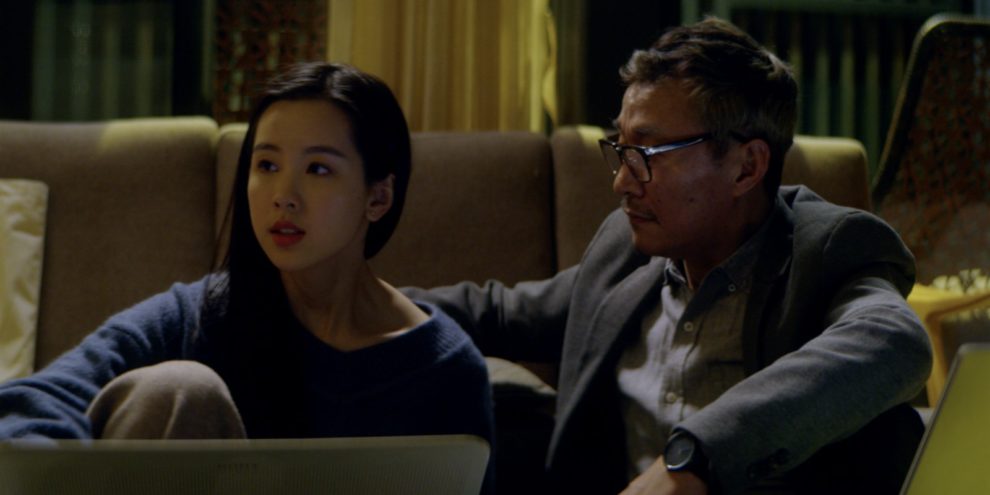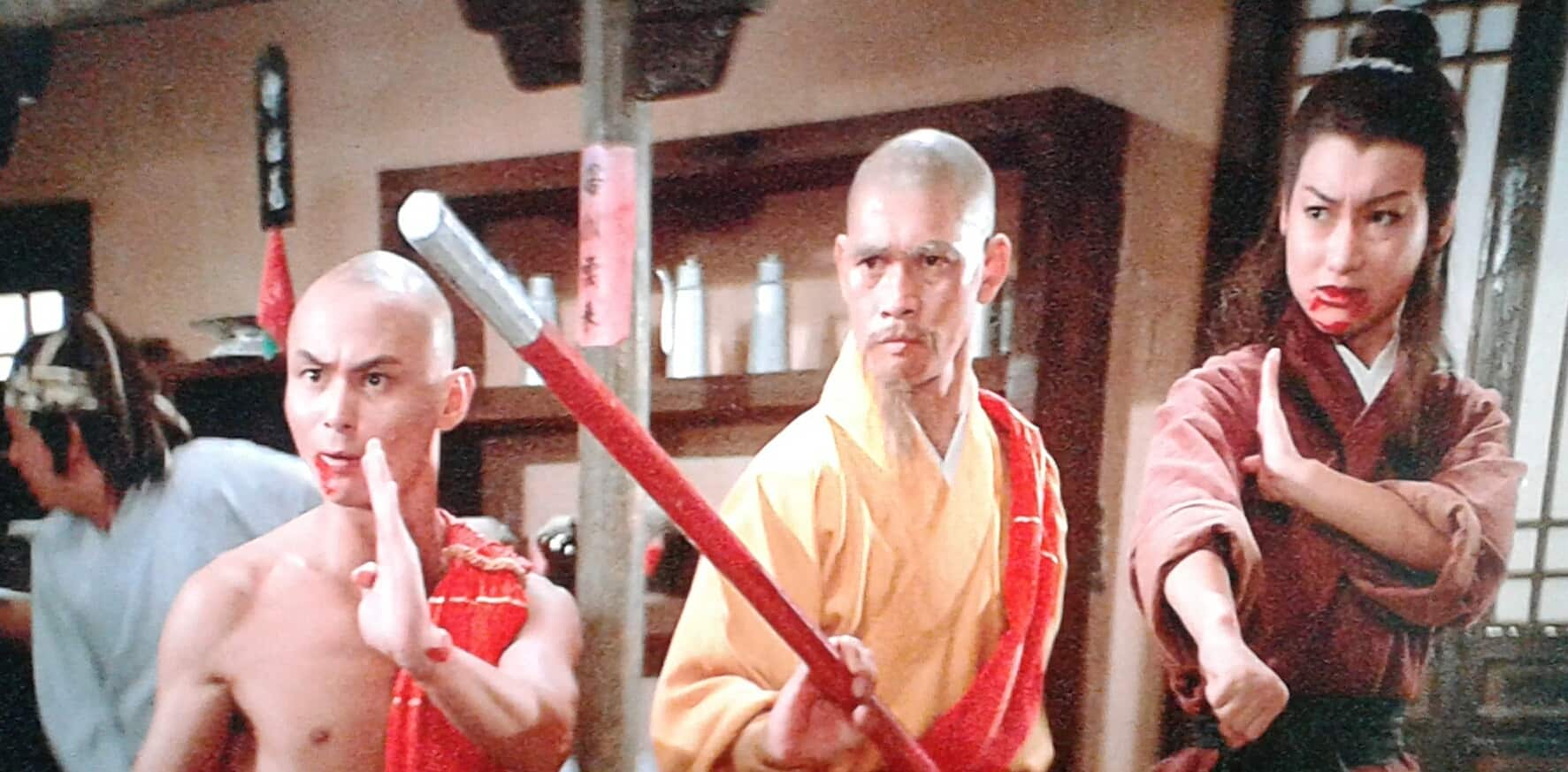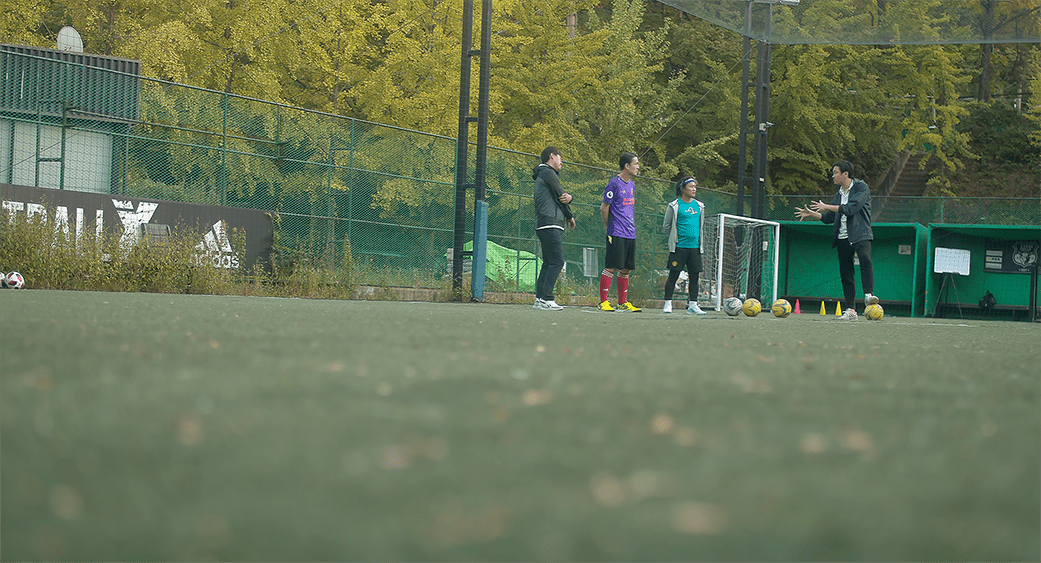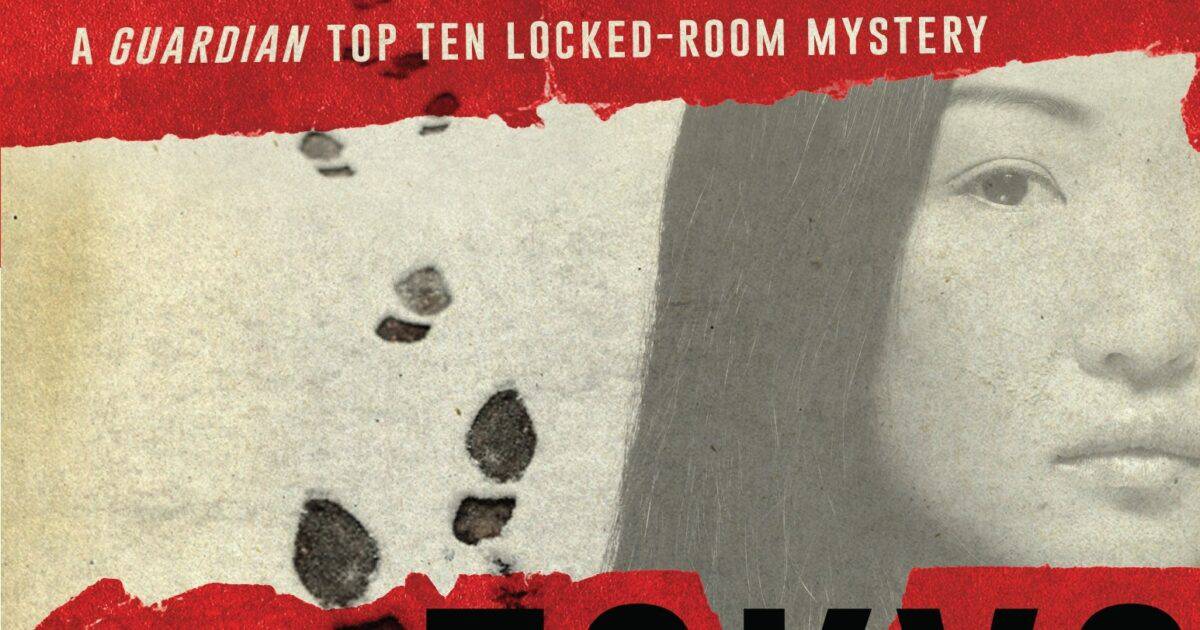The fast-evolving economic landscape of China has created new voids and left behind many unaddressed issues; one for all, the world-old pursue of happiness. Director Ming Zhang's new work poses more stimulating questions we can possibly answer, while it explores the multiple meanings of happiness in a crosshatched pattern of stories and characters. “Hot Soup” is a recent acquisition of Fortissimo Films, a leading organisation in promoting and distributing independent filmmakers from Asia and around the world. It has premiered at 2020 Hainan International Film Festival and screened soon after at the 2020 Warsaw International Film Festival, and it is set to enchant the festival audiences.
The film is set in modern-day Shanghai and follows, in an episodic rhythm, the capers of four young women. The fil rouge that links all the women is the pursue of happiness in their own personal ways. One of these four is Tangtang (Liu Wenyi) a young executive, married with Artificial intelligence entrepreneur Qi Youcang (Thomas Price). Her pursue of happiness seems to be very much connected with her desire to become a mother, but her efforts – planned sex according with her ovulation and a mysterious fertility soup for the husband – don't get her anywhere. The problem is that Qi Youcang is not on the same wavelength about parenthood; his idea of happiness has no room for children (for reasons later disclosed) but he is organising a surprise for Tangtang, in an attempt to wow her.
A PHD Student (Chen Duling) is anxious to finish her ambitious graduation thesis about “The Synergy Effort between Economic Development and Happiness Index in Modern China” and she is commuting every day to a peaceful and remote SPA resort in the countryside, where her professor of Economic Jin Kaiyuan (Zhao Yanguozhangis) is a resident patient, having some treatments for a debilitating chronic pain. Her rush to finish the thesis and the goal of a recommendation for her next career step are difficult to hide and she is soon exasperated by the professor who insists in pointing out not only the lack of substantial research and data, but especially the lack of … heart in her thesis. The conversation between them though flows freely and it goes from work to personal, from consideration about the future to the longing for a vanished past.
The third woman (Song Fangyuan) is the jolly teenager daughter of Lao Tu's (Chen Shengli), a wealthy nightclub owner on a wheelchair and with a shady past. She is also collecting some kind of data about happiness for her studies with the aid of a bizarre device where the volunteers can input their levels of happiness during the day, while searching for her personal happiness in the relationship with a slippery boyfriend (or fiancée). On the other side, Lao Tu is dreaming of relocating somewhere warm and is urging the daughter to follow the traditional path of marriage and motherhood.
Finally, a somehow distant young woman (Li Meng) is busy with a happiness survey; when she jumps in a taxi driven by Chen Huo (Zuo Yi), a conversation starts in the slow-moving traffic jam. Other car-runs will follow and Huo will open up his heart and confess his love to his passenger, but it might be too late. In fact, she is just about leaving the country and migrating to US, chasing her own happiness. The attitude towards life of the two couldn't be more clashing; she looks deeply troubled and unhappy, while Hou is a simple, happy-go-lucky kind of guy.
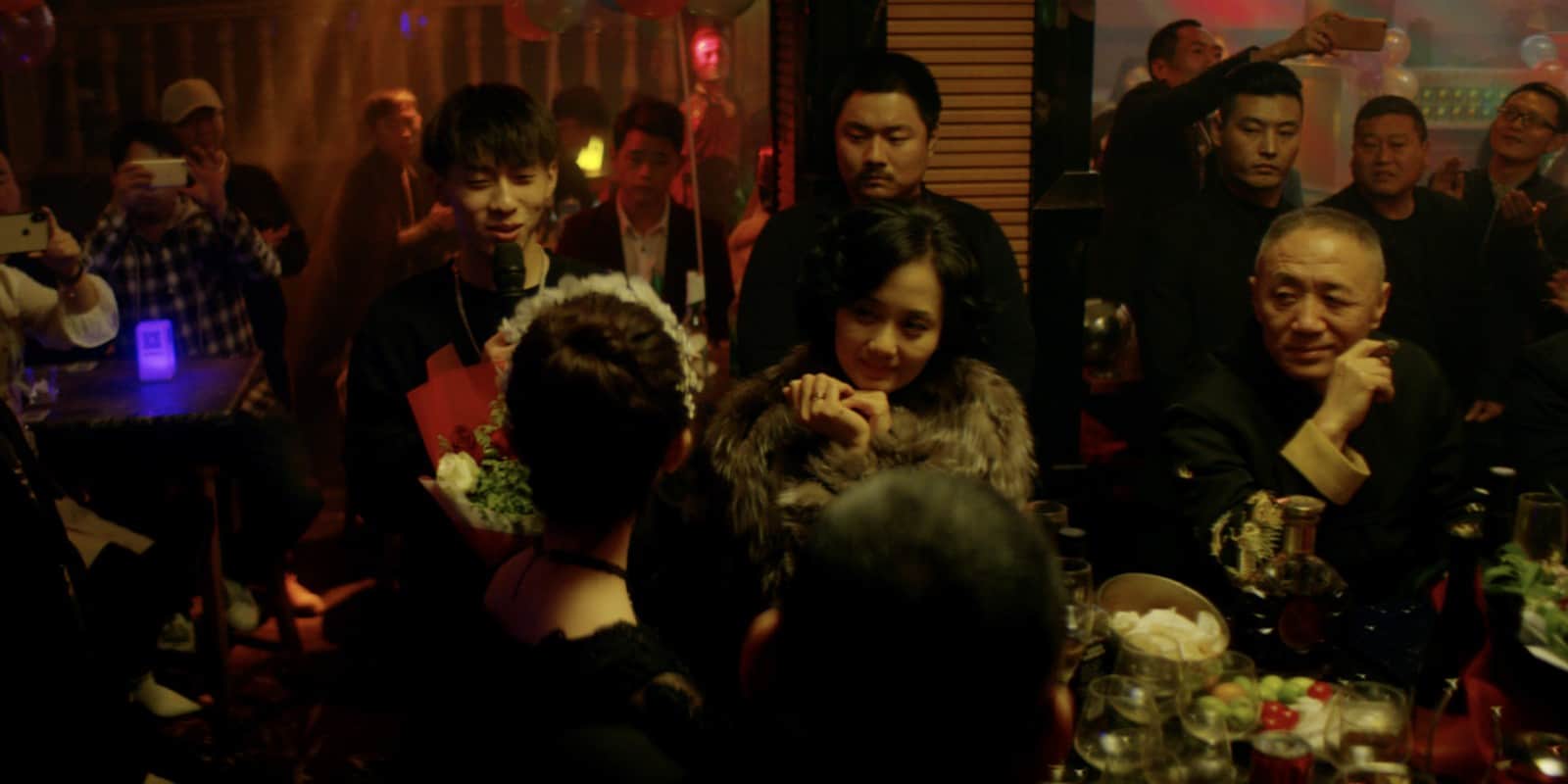
In what might indeed have been a challenging project for the writing team (Yuxi Gong, Qinyu Liu, Ming Wu, Ming Zhang), the four narrative threads are presented in brief alternating episodes, jumping from one protagonist to the other, consequently requiring a certain amount of attention at the beginning not to get lost. However, it quickly takes an easy-to-follow rhythm, and it is then that strange things start to happen. Significant elements, simulacra of experiences and memories, start to shift and re-appear from one storyline to the other. An exotic fruit, an engagement ring, a floral headpiece, a credit card, all the data collections and finally a bright pink swimsuit link the stories and force us to reconsider the reality we perceive. Are the 4 women the same woman in different moments of life? Are they memories or dreams of the same mother-brain? The space-time continuum shows fractures, creating a classic atmosphere of sci-fi genre. The film in fact, despite being set in our days, has a distinctive flavour of the near future, aided by a recurrence of technology, data, AI, medical terms like Azoospermia, deferent duct and the Alexithymia Syndrome (or lack of emotional awareness) that affect two secondary characters and that – against the odds – brings them together.
But, like a well-seasoned soup, “Hot Soup” is a blend of other different moods and flavours, a narration that evades rigorous labels and classifications. Locations and Meng Wang's accurate cinematography play a big part in the success of this melange of styles. Some more claustrophobic than others, all the settings recreate self-contained microcosms, bubbles of woman-man discourse. In the taxi episode the bubble is more tangible as the piece is unraveling inside a tiny capsule; the outside world is a muffled echo on the other side of a steamy glass. The husband-wife parenthood discussion is enclosed in a beautiful apartment of a high-rise building; the futuristic Shanghai skyline dominates outside a huge window wall. The nightclub provides an ambience that immediately transport us on the set of a triad gangster revenge movie, where Lao Tu not only is observing his world from a kind of one-way mirror in his office, but he is also relegated on the confinement of a wheelchair. Finally, the SPA resort – which we also see from the sky in a breath-taking drone shoot – is in the middle of a lush and overgrown deserted countryside, like a luxury outpost in a post-apocalyptic setting.
In each of these pods we observe the alchemy that sparkle from the interactions between opposite sexes, distant ages, divergent purposes and fueled by ideas of male fertility, relationships, love, motherhood. And yet, they all intertwine and overlap; as professor Jin remarks: “No matter how society might change, people's desire for happiness won't change”. Though-provoking with the addition of a bit of poetry and magic, “Hot Soup” is full to the brim with ideas, talking points and stimulating questions; an intelligent work that poses an old human dilemma against a futuristic, restless background. Something so vast that big data can't define but also as small as a sticky rice ball soup.


